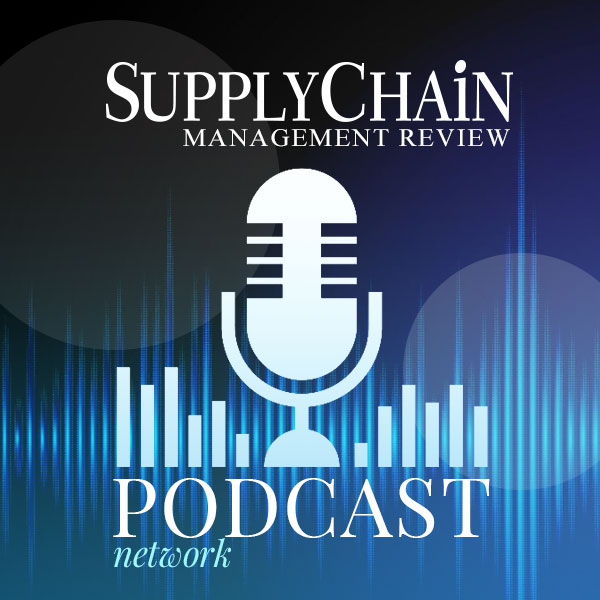Supply chain management started about 60 years ago when industry and academia partnered to educate a much-needed workforce. The benefits to society have been tremendous. The United States has among the lowest costs of logistics of any nation on earth, helped by our plentiful deep water ocean ports, extensive inland waterways, our highway system, our airports—but most of all, our talented supply chain leaders.
The first issue of Transportation Journal—the first logistics journal started in 1961 by the American Society of Traffic and Transportation, later absorbed by the Association for Supply Chain Management—featured a guest editorial by Joseph Scheleen, the editor of Traffic World, a weekly industry magazine. “Educational accomplishments denoted by academic degrees or by certificates are not accomplishments at all if in the process of acquiring learning the holders of the degrees or certificates have not gained awareness of their responsibilities to the public as well as to the organizations they serve,” he wrote.
The field has, overall, worked to make Mr. Scheleen proud. The partnership between academia and industry has been especially strong compared to many other academic disciplines, and the outcome has been research and education that are relevant to society’s needs. The amazing response to COVID is but one example of how quickly our supply chains can pivot in response to a disruption, and the resilience of our economy compared to many others is the direct result of the virtuous relationships between academics, industry leaders, and students.
You see the academic-industry-student triad represented to this day by the logo for Council of Supply Chain Management Professionals, but all the supply chain-related professional associations have strong relationships with students: Association for Supply Chain Management, Institutes for Supply Management, Decision Sciences Institute, and INFORMS are additional examples.
For an example of all three players in the supply chain triad playing their parts, here at Bryant University we started doing consulting projects with students in the fall of 2010. Since then, we have done a total of 112 projects involving 577 students. Since the spring of 2016, we have asked our students to quantify their consulting efforts. The average amount of projected annual savings/earnings for each Capstone project is approximately $3.9 million while our projected annual savings/earnings for all projects combined totals about $254 million ($254,065,057 to be exact). We estimate that sponsor companies implement approximately 70% of the student recommendations.
Scheleen ended his 1961 editorial by saying, “Our education must be oriented toward the process of inquiry rather than the products of inquiry.” This is truer today than ever. We are entering a world of increased supply chain complexity and the rise of a new wave of technologies like artificial intelligence. Tools will evolve more rapidly than ever, driving an increasing need for well-educated minds who understand how to apply these new technologies to resolve supply chain challenges. As long as industry and academia stay engaged, the supply chain triad is well-positioned to educate the workforce of the future.
About the author:
Michael J. Gravier, Ph.D., C.T.L., is chair of the Department of Marketing and professor of Marketing and Global Supply Chain Management at Bryant University in Smithfield, RI.
SC
MR


Latest Supply Chain News
Latest Podcast

 Explore
Explore
Education News
- Do net-zero goals matter?
- Leadership development for supply chain leaders
- ASCM introduces Supplier Relationship Management certificate
- An educated workforce is loyal, but what type of education is best?
- When the scales tilt: Making vaccine access work for all
- Five organizational action areas for developing supply chain talent
- More Education
Latest Education Resources

Subscribe

Supply Chain Management Review delivers the best industry content.

Editors’ Picks




